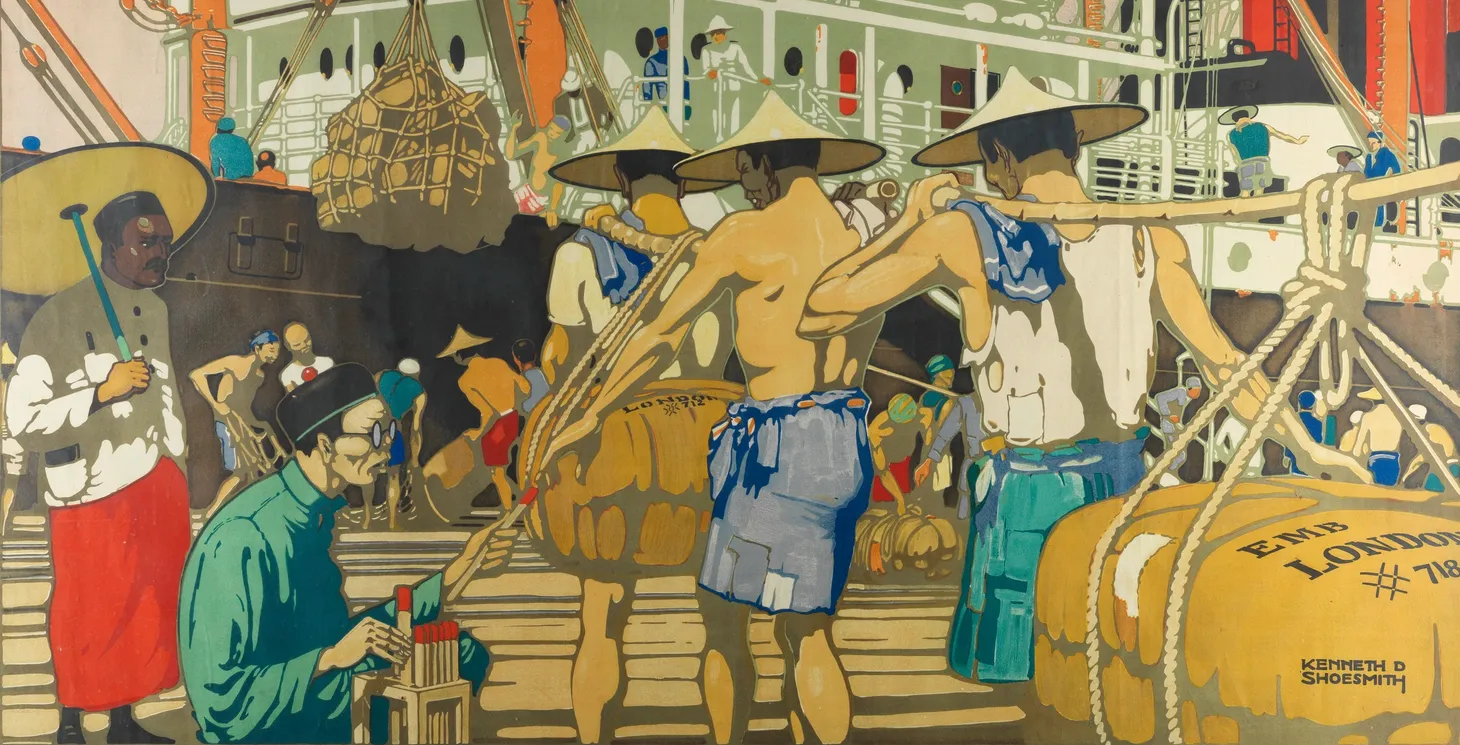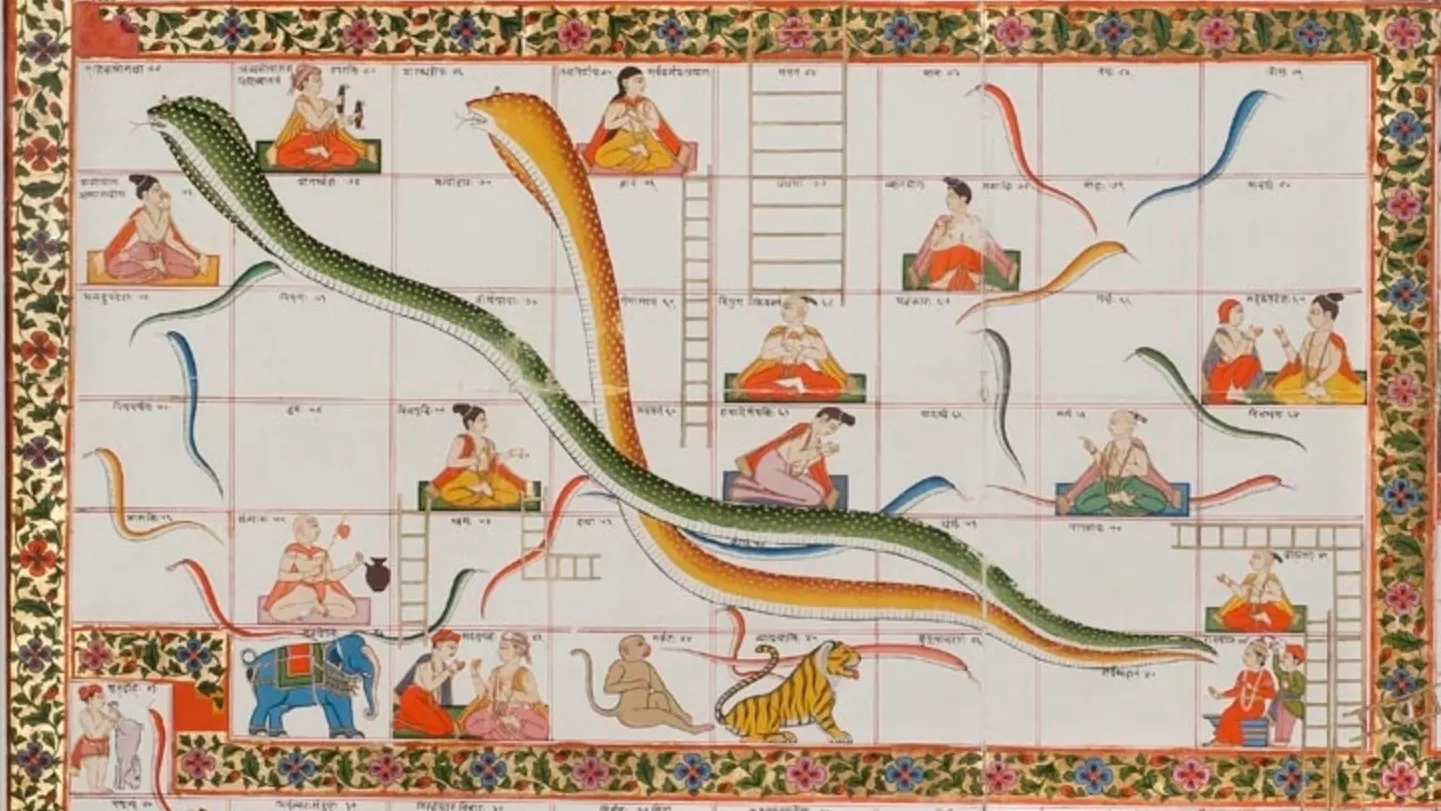“The Questions Were Asked by the Teachers”: Decolonizing Pedagogy in World History Classrooms
A discussion of the civilizing mission, colonial education, and how we decolonize our pedagogy.

I’ve recently had the privilege of facilitating workshops for world history teachers. Putting these workshops together and interacting with colleagues has encouraged me to reflect more on classroom pedagogy. When I began writing Liberating Narratives, I described the project as an opportunity to decolonize world history by integrating and centering African, Asian, Indigenous, Latinx, and marginalized voices. Decolonizing was primarily about breaking away from a White, Eurocentric curriculum. Facilitating the workshops has encouraged me to think more about what it means to decolonize pedagogy in world history classrooms.
Over the next month, I will focus more on how we teach world history. By considering what makes teaching world history different from other historical subjects or other social studies courses, we can begin to recognize the challenges and benefits of teaching world history. While I plan to discuss specific skills and approaches to teaching world history, these skills are more useful when we have rich content to work with. This month’s posts will focus on the skills we use in a world history classroom within the context of topics we regularly encounter in world history courses.



